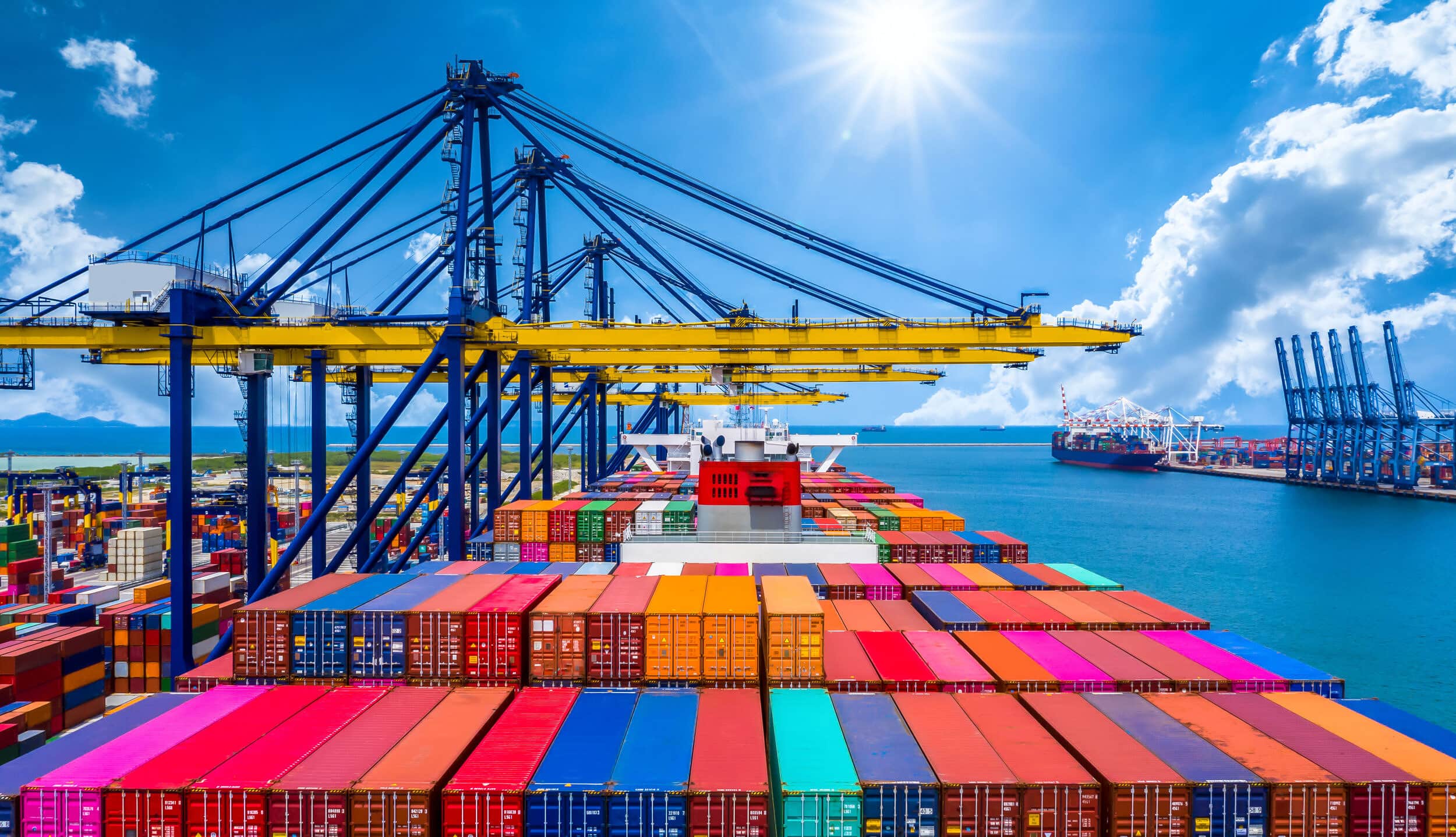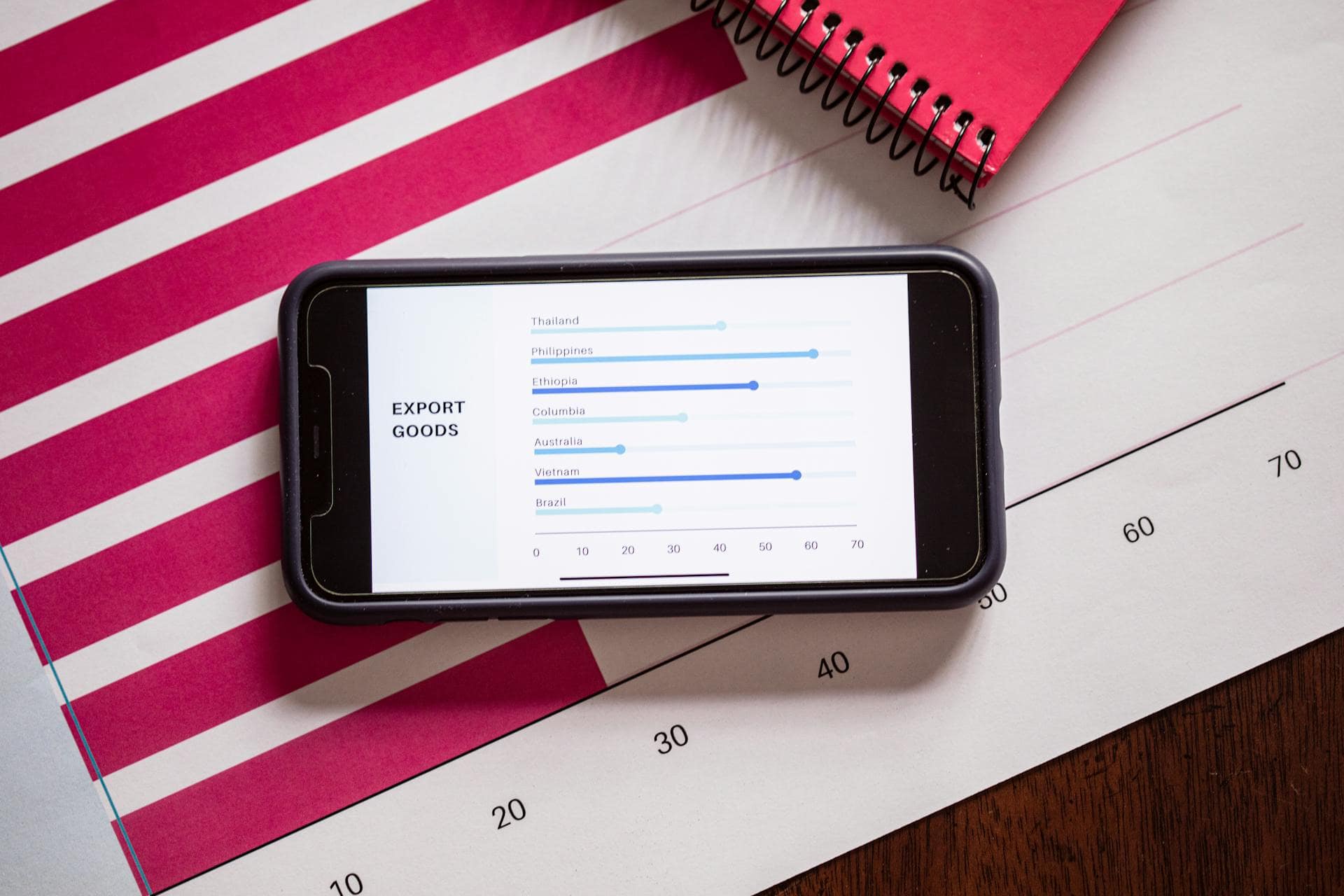1. Connect with the Right Couriers
It may seem obvious, but the importance of choosing the right courier cannot be understated. While it can be tempting to select the shipping company with the best rates, there’s more to consider than the initial cost.
Choosing a budget courier may initially seem advantageous. However, you may experience headaches and heavier monetary burdens down the line due to delays, damages, or other unforeseen losses.
Instead of choosing the most low-cost option, prioritize these characteristics when selecting a courier:
- Sturdy customer service
- Speedy expediting options
- Reliability and reputation
- Comprehensive tracking and insurance options
- Experience with customs and international shipping
When choosing a courier, aim for the best overall value. Remember this formula:
Cost + Reputation + Options = Overall Value
Depending on your logistical needs, you may have to use local couriers at the point of origin. If so, take time to gather local recommendations. Do your homework, talk to business partners with field experience in the country of origin, and identify which couriers have the most reliable reputation.
Whether you opt for air freight, ocean freight, or ground shipping, choose your courier wisely!
2. Invest Resources in Documentation
Documentation is one of the most vital parts of the export/import process. Global traders must have a clear, well-organized, and auditable documentation trail for the entire life cycle of an export. What do you need to document?
Here are just a few pieces of the export documentation puzzle:
- Product weight and dimensions
- Product classification code
- Export licenses, certificates, and permits
- Denied party screening documentation
- Customs filing
- Compliance checks
- Inland Bill of Lading
- Ocean Bill of Lading
- Air Waybill
- Packing list
- Certificate of origin
- Pre-shipment inspection paperwork
- Special or dangerous goods forms
- Shipper’s Letter of Instruction
Since there are so many moving parts and necessary documents, storing all these bits of essential data in a centralized location is crucial. Invest in trusted human resources and robust software to keep all of your product, shipping, and customs information organized in one secure database.
3. Boost Efficiency with Consolidation
Shipping consolidation is a game–changer for global traders, saving precious time and resources. Consolidation allows traders to ship multiple items as one bulk shipment, even if they have different destinations once they hit domestic soil.
Here’s UPS’s three-step explanation of how the international shipping consolidation process works:
- “Consolidate multiple packages at the origin, and destination-label them there.
- Consolidated packages clear customs as one shipment, saving time and reducing risk.
- Shipment bypasses the distribution center and goes right out for delivery.”
Additionally, global traders with smaller shipments can use a broker to help fill up less-than-container loads (LCLs) and coordinate with other parties involved so they do not experience unnecessary delays.
4. Make Use of Foreign Trade Zones
Global traders can strategically use foreign trade zones to reduce duty and overhead costs and simplify the international shipping process by minimizing customs clearance.
“Foreign-Trade Zones (FTZ) are secured, designated locations around the United States in or near a U.S. Customs Port of Entry where foreign and domestic merchandise is generally considered to be in international commerce and outside of US Customs territory,” explains the National Association of Foreign-Trade Zones (NAFTZ). “Activated businesses in an FTZ can reduce or eliminate duty on imports and take advantage of other benefits to encourage foreign commerce within the United States. Certain types of merchandise can be imported into a Zone without going through formal Customs entry procedures or paying import duties. Customs duties and excise taxes are due only at the time of transfer from the FTZ for U.S. consumption. If the merchandise never enters the U.S. commerce, then no duties or taxes are paid on those items.”
Utilizing FTZs is a lawful way to reduce taxes and tariffs and improve the efficiency of trans-shipping operations.
5. Have a Plan for Inevitable Shipping Delays & Losses
In the recent past, global shipping has been profoundly disrupted by the COVID-19 pandemic, global trade wars, natural disasters, geopolitical issues, and other factors. Given the potential for unexpected delays, planning even when using the most reputable couriers is essential. Additionally, the prevalence of piracy and theft is rising, making insurance and careful packaging even more necessary.
Here are ways to plan for shipping delays and losses:
- Arrange for backup storage and distribution options
- Diversify your supply chains
- Maintain a pulse on your inventory and customer demand
- Order ahead instead of just on time
- Ensure your documents are prepared to avoid self-inflicted delays
- Invest in comprehensive shipping insurance
- Avoid disclosing more than necessary information on your packaging
- Keep boxes and packages generic and straightforward
Planning ahead for potential delays and mishaps can save you from more significant losses and help avoid frustration.
6. Use Global Trade Management Software to Automate Your Logistics Processes
Agile global traders are optimizing their logistics processes with robust tech solutions. Global trade management software can help streamline each part of the export/import process and save precious resources.
Global trade management software can help you:
- Eliminate manual data entry
- Accelerate determining export licensing requirements
- Automate booking with reputable couriers
- Submit rate requests and compare service options
- Receive corporate shipping rates based on service contracts with the carriers
- Manage special shipping services, like shipping dangerous goods
- Coordinate shipment consolidation
- Retrieve corporate rates based on service contracts with the carriers
- Connect with experienced brokers
- Generate and organize documents
- Make use of Foreign Trade Zones
- File customs paperwork
- Maintain an auditable documentation repository
- Much more
Investing in shipping and logistics software can help your global trade operation run more smoothly and boost profitability.
Tools for Global Trade Shipping & Logistics Management
OCR Global Trade Management offers a total web-based shipping and logistics tools suite. Our intuitive software solutions help you nix inefficiencies, save money, and stay compliant from end to end on your export life cycles.
Integrating your current global trade tech with our software is easy. It allows for live tracking throughout the movement of your shipments, so you always have a pulse on your operations. Our easy-to-use software ticks all the boxes mentioned above in tip #6 and beyond.
For example, our software allows for automated booking with FedEx, DHL, and UPS via web services and real-time status monitoring. Additionally, we are certified by FedEx and DHL for express and ground bookings.
Contact our sales team for a live product demo or to learn more about how to integrate this software into your processes.



